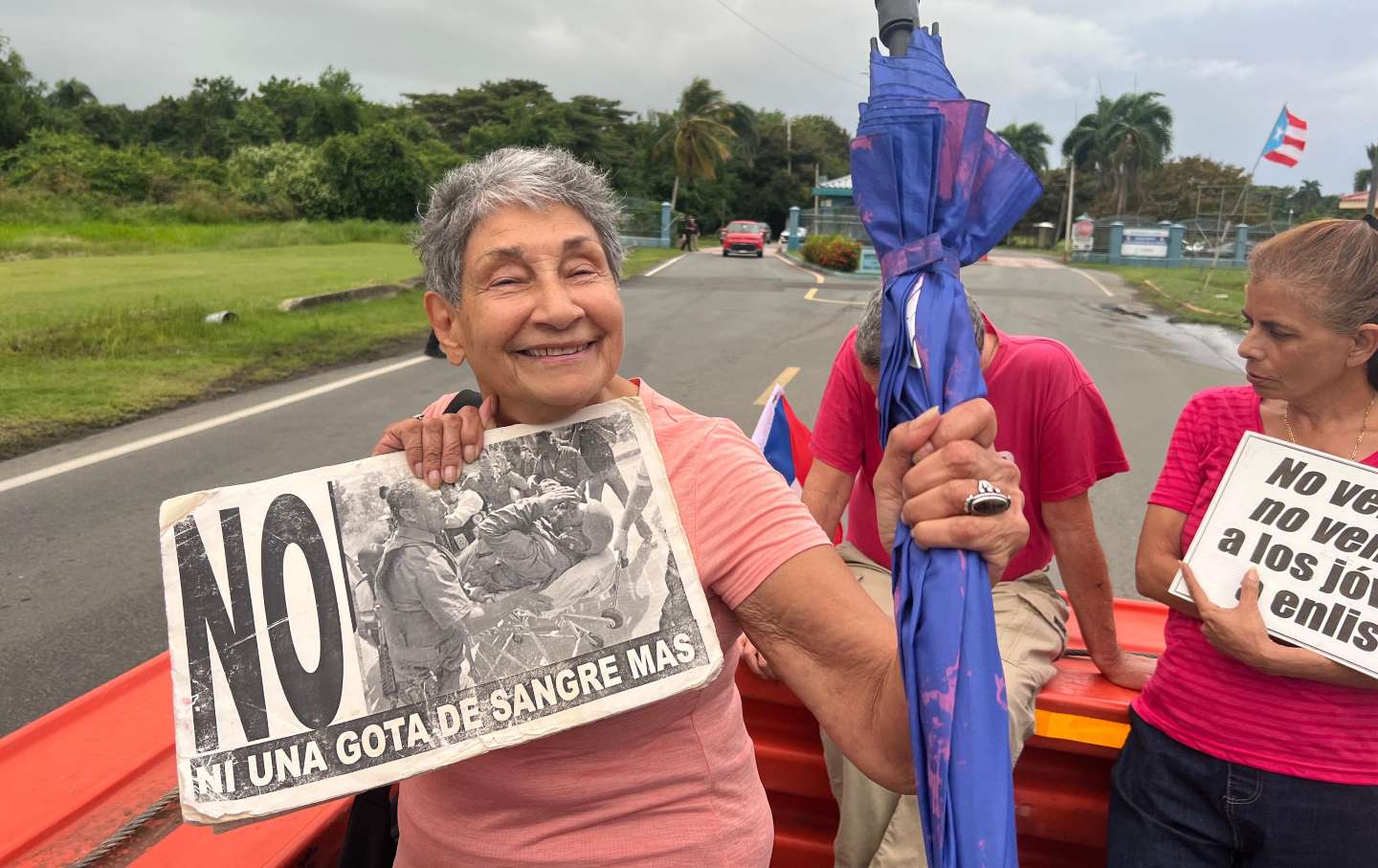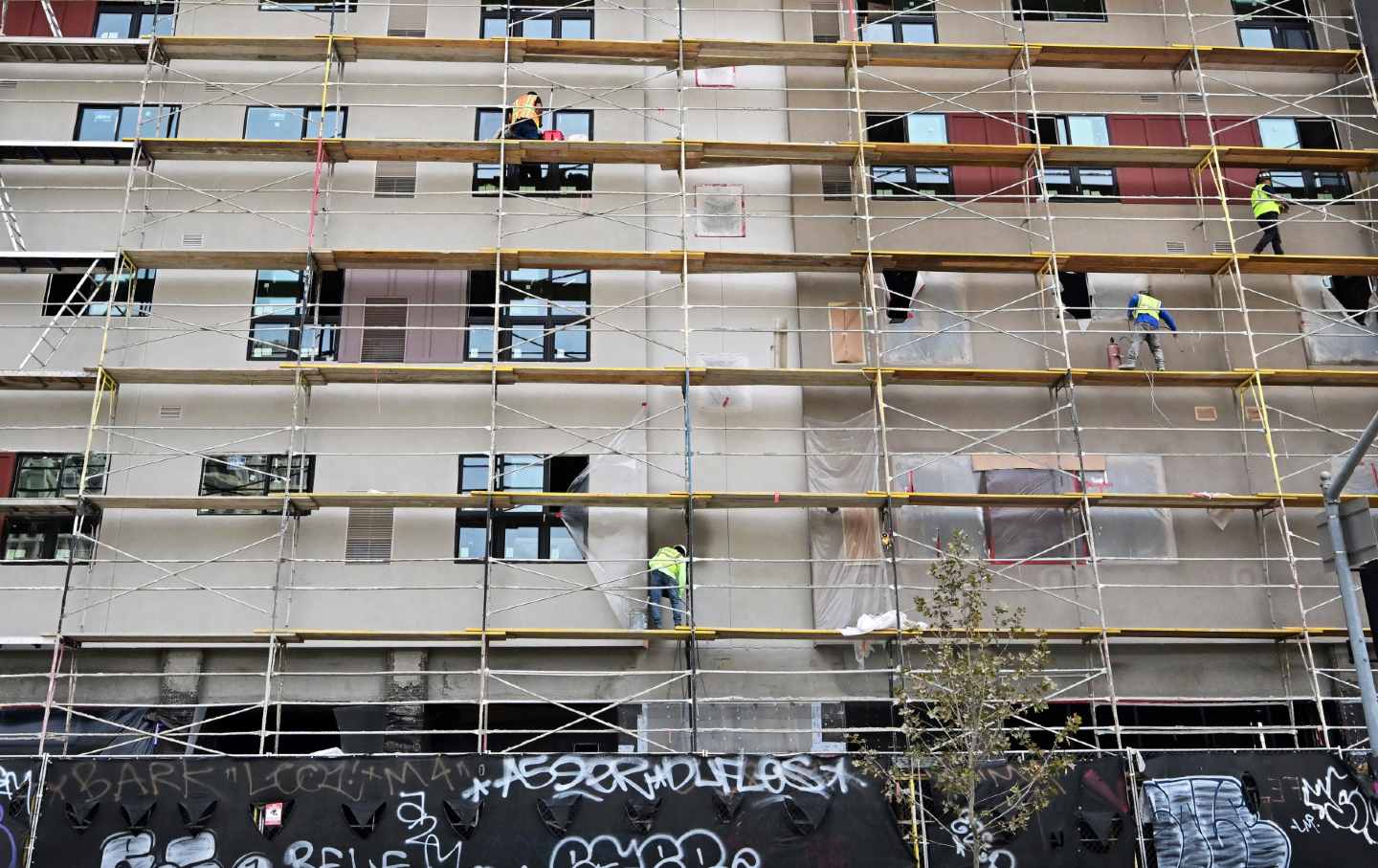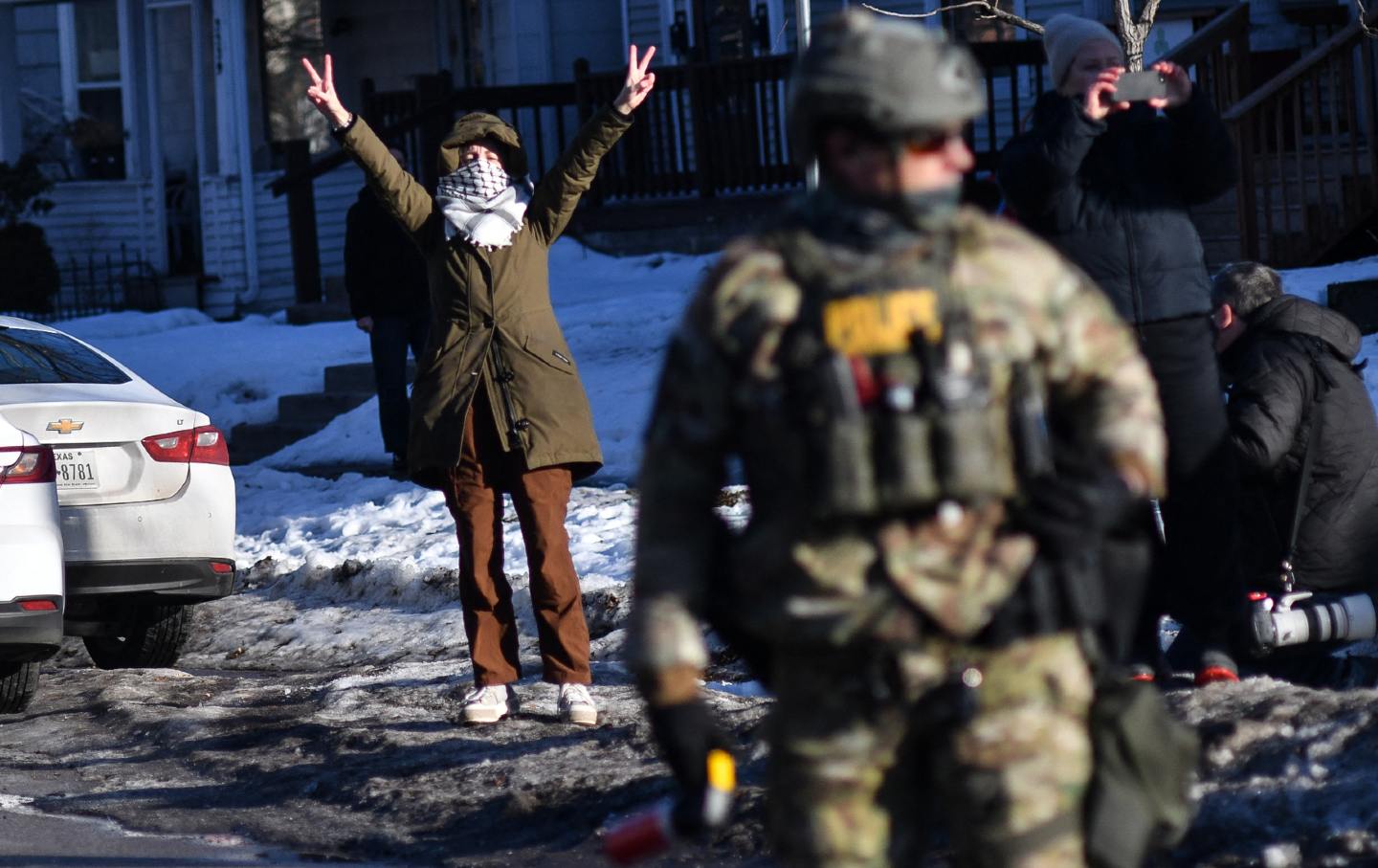Remembering a honeymoon hike near Drakes Bay, California, while I cook our dinner at the feet of Colorado’s Front Range
That stretch of coast like the soft spot
in your self, the heart of your self I call
your soul. That feeling that comes there, when fog settles
so truly I know I am walking inside
a cloud. Intangible. Tangible. Both
at once. Sweetheart, I need to tell you something
after we finish, tonight, with this dinner
I’m preparing—rainbow chard wilted in oil
with shallots and pepitas, herb-rubbed chicken
already roasting. Even on these hot days,
far from the cool coast of California, when I’m with you,
I am inside such a cloud. This is how I know
I won’t ever believe in heaven if heaven isn’t right
here, with you. Our sunflowers keep coming back,
year after year after year, since that first year
we drove seeds under our new yard’s soft soil.
That, dear heart, is it. It is the softness I need
to thank you for. I’d be lost without that
part of you that eases up enough to let me in.
Then closes back around me. For years,
on the edge of California’s coast, ship after ship
after European ship sailed past. An inlet
kept safe inside a cloud. Safe the sweet smell
of California buckeye and dusty green sage. Safe
the spineflower, checker lily, blue blossom. Unharmed
the little native bees and yellow-faced bumble bees
who skip from flower to flower. Unharmed
the coast buckwheat, and the fiery skipper
and gossamer-winged butterflies who need buckwheat
to survive. Unharmed the lumbering grizzly.
Unharmed, until thinned fog let ships in, the snakes
and mountain lions too. You’ve lived long enough,
sweetheart. You’ve paid attention to your history.
You know what some people will do if let in
to the part of your self you spent so long protecting.
But you showed me this anchorage. Those soft brown
shoulders. The headlands. Here I am. So much in bloom!
And me, with you, in all this soft wild buzzing.
(This poem originally appeared in You Are Here: Poetry in the Natural World.)
Camille T. Dungy is the author of the book-length narrative Soil: The Story of a Black Mother’s Garden; four collections of poetry, including most recently Trophic Cascade; and the essay collection Guidebook to Relative Strangers. She edited Black Nature: Four Centuries of African American Nature Poetry and co-edited From the Fishouse: An Anthology of Poems that Sing, Rhyme, Resound, Syncopate, Alliterate, and Just Plain Sound Great. Dungy is the current poetry editor for Orion magazine. Dungy’s other honors include the 2021 Academy of American Poets Fellowship, a 2019 Guggenheim Fellowship, an American Book Award, and fellowships from the National Endowment of the Arts in both prose and poetry. She is a university distinguished professor at Colorado State University, in Fort Collins.








